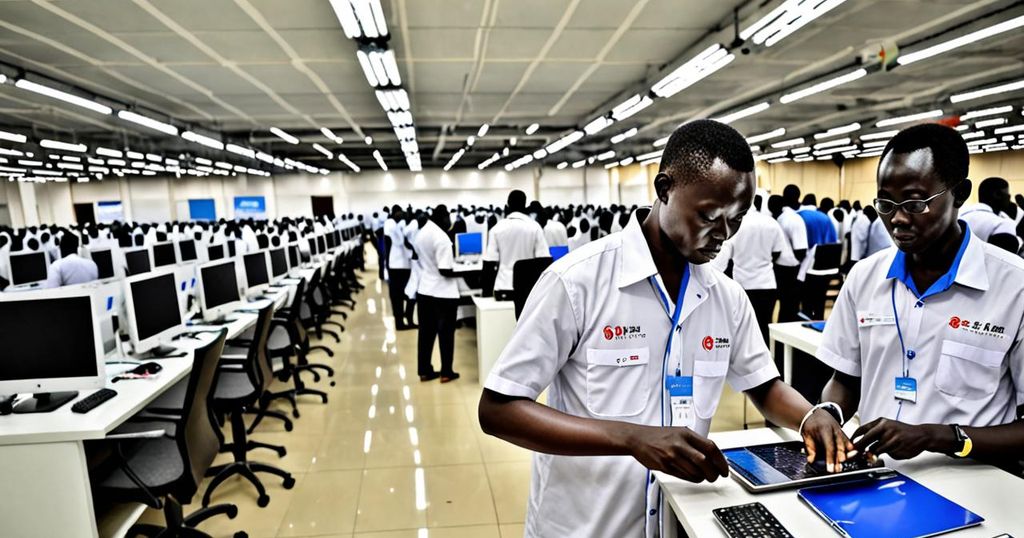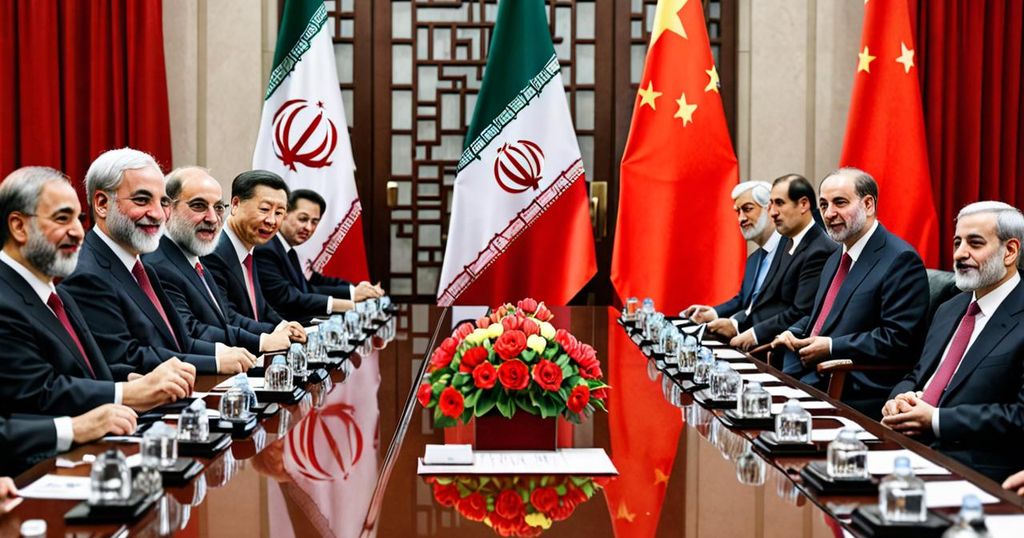Chinese technology companies have been gaining attention in Africa, capturing the interest of both the media and scholars. While the focus has largely centered on the involvement of Chinese firms in extraction and infrastructure projects on the continent, their expansion into the ICT sector has been equally noteworthy.
In contrast to the challenges faced by many businesses in China, particularly along the Southeast coast, Chinese ICT firms such as Huawei and ZTE identified new prospects in Africa. Their achievements in the region have not only been commercial but have also played a role in enhancing China’s soft power.
Soft power, a concept coined by political scientist Joseph Nye, refers to the capacity to influence others through attraction and appeal, rather than coercion. Chinese ICT firms have actively employed soft power tactics in Africa. For instance, Huawei has offered cultural and language training to its local employees in Africa, demonstrating a commitment to understanding and integrating into the local culture. Similarly, Tecno, a relatively obscure presence domestically, successfully revitalized its brand by concentrating on the African community in China before expanding into the African market.
The endeavors of these companies have not escaped the notice of the Chinese government, as they align with China’s broader strategy in Africa. In addition to traditional agreements in natural resources and infrastructure, China has been actively fostering cultural exchange with Africa. This includes hosting thousands of African students in China and the increasing adoption of Chinese social media applications on the continent.
As scholarship on Chinese firms’ involvement in Africa continues to expand, there is a need to delve into the role of soft power in advancing China’s influence. Understanding how Chinese technology companies are shaping the preferences of African countries and contributing to China’s geopolitical and economic influence in the region is a crucial area of inquiry.
The growing presence of Chinese technology companies in Africa and their utilization of soft power tactics not only holds significant implications for businesses and policymakers but also necessitates further exploration in academic research.








